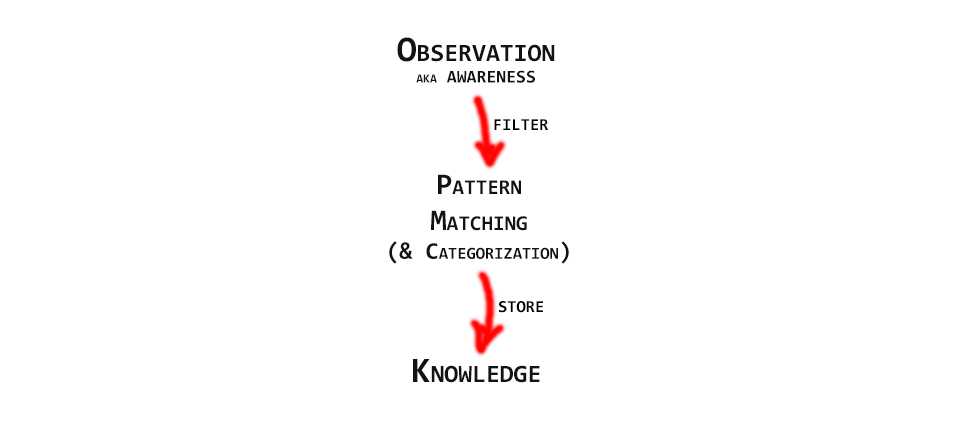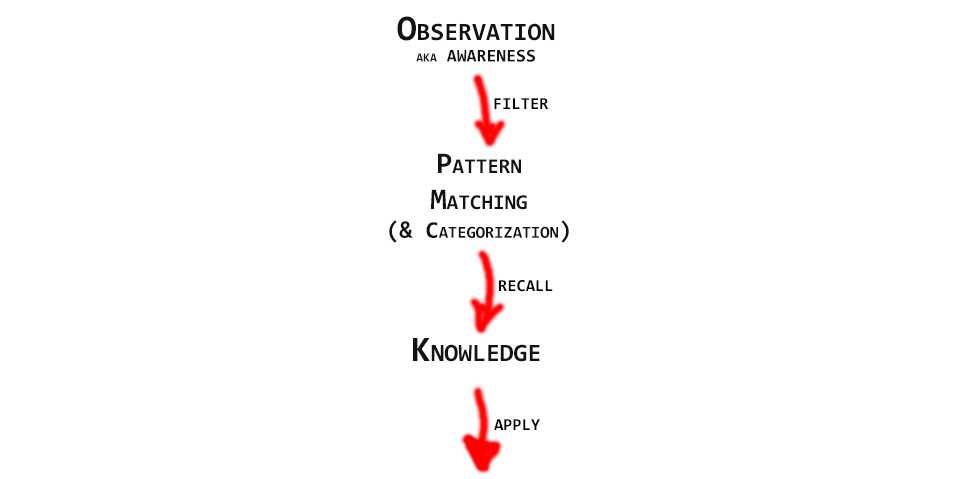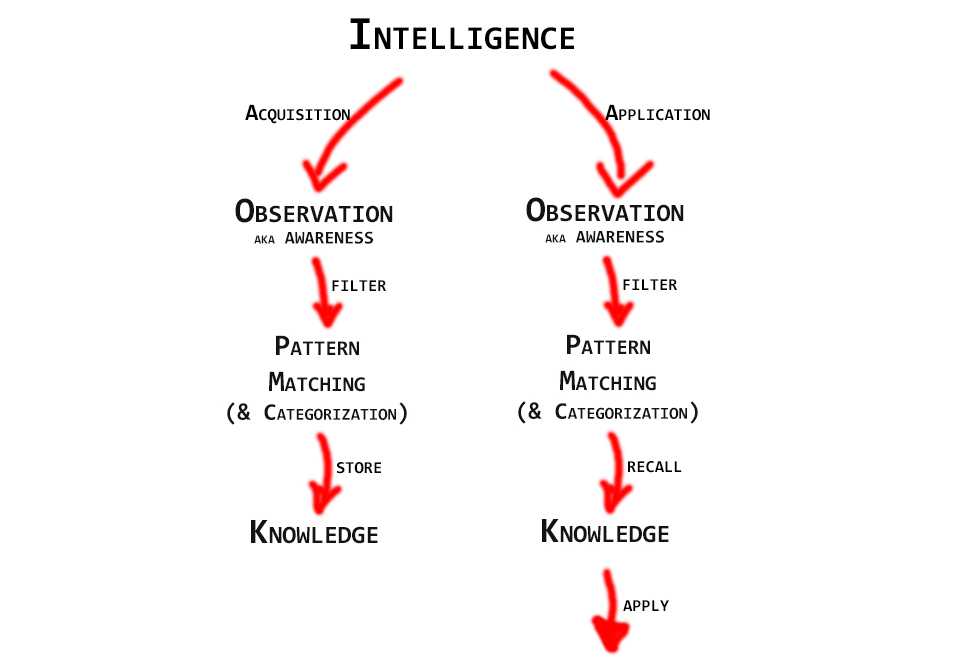How to increase your intelligence
December 27, 2018
Before explaining how one can actually increase intelligence we need to be able to define it first.
What is intelligence?
The dictionary definition is ‘the ability to acquire and apply knowledge and skills‘.
Which hits the nail on the head. But there is another way to break this down and look deeper into it so we can then understand how to improve it. We need to address the acquisition and application of knowledge as separate issues.
The acquisition of knowledge is based on one commonality between all people. Which is pattern recognition.
Given a situation where a genius is in the same room as an average person we can assume that the genius will acquire information about their surroundings better than the other. And this is due to their ability to recognize patterns and store that information hence they tend to acquire better information.
It’s also possible for the average person to acquire a similar amount of information though, so the quality of pattern recognition matters. And the result of good pattern matching is greater quality of categorization.
So the acquisition of knowledge is done through observations which are filtered through pattern recognition and then stored as categorized knowledge.
Think back to every IQ test you’ve ever done, or any early test given to a child to determine their intelligence. Every intelligence test will focus on pattern recognition and categorization. Like putting the right shapes into the right holes, or knowing the next number in a sequence.
When a person lives for 20+ years with the wrong patterns and the wrong categorization, the knowledge they’ve stored is corrupted. It’s really hard to apply and a lot it doesn’t make sense. And sometimes they fill these holes and gaps with their own flawed logic and to them it just makes sense but for outsiders it’s really obvious it isn’t right.
This is why it’s so important for children to learn the right patterns and the right categorization early in life. The longer you spend with your life using the correct way of thinking, the better the quality of knowledge gained through education.
To expand further on this there’s a fascinating example where a man named László_Polgár believed that genius could be nurtured. He set out to find a wife who would agree to his idea of raising a genius and raised 3 daughters with the intent to make them great chess players. He also knew based on the evidence he saw that the best time to start teaching them was at the age of 4. Two of his daughters reached 1st and 2nd rank in the world.
The reason I think this was possible was because they had learned the correct patterns early in life for chess and then everything they learned after was filtered through those patterns enabling their great success. Also because chess is more easily measured and binary in terms of what is good or bad it was easier to determine good patterns to keep and bad ones to discard. Doing the same with general life knowledge is more difficult and there are more permutations to consider. There are also sources of conflicting information which will result in a person having contradictory patterns which makes it difficult to reconcile and difficult to stay consistent.
So on the topic of getting smarter, the only way is to acquire more correct patterns of thinking. Get better at categorizing data, and then to revisit all the data you need to re-evaluate your knowledge. Usually this happens to people after they self-reflect when they learn a new pattern of thinking. This then causes a chain of events that typically leads to an epiphany. The consequence of that epiphany is the ‘dots connecting’ in the mind because the person has re-evaluated their knowledge and due to superior pattern recognition new links are formed in the brain that connects their knowledge.
Interestingly this way of increasing intelligence is very similar to the way it works in machine learning with general purpose AI (Artificial Intelligence). In machine learning we feed the system data (equivalent to observations), the algorithm (pattern recognition) is adjusted until it can sufficiently output the expected result (application of knowledge).
While the above only addresses the acquisition of knowledge, the application of it is similar.
Again we observe, we filter with pattern recognition, then recall the correct knowledge to use and apply.
Recalling is easier when the knowledge has been stored correctly in its relevant category. When information is linked together well, we can actually find all sorts of relevant information by tracing through the logic. And if information is stored poorly, recall is difficult, and new things learned may not make sense as it conflicts with old data or it introduces patterns of thought that invalidates other data.
Which leads us to an interesting conclusion. By comparing how we acquire and apply knowledge, we realize that our intelligence hinges on our pattern recognition.
In summary to increase intelligence:
- Acquire new pattern recognition
- Overwrite or delete bad pattern recognition
- Re-evaluate knowledge with new patterns of thought
And most importantly, be observant.
You cannot acquire knowledge without observation, and you sure as hell can’t apply it without it. Awareness through observation is actually THE most important statistic for any person who wants to be more intelligent. Without observation we have no data to filter with our pattern recognition. And without observation we wouldn’t know where to use our knowledge. Awareness deserves its own topic and will be elaborated upon in its own article. (Editor’s note: add link to awareness article here when completed)
I’ve also put the two diagrams together below so you can see how similar the mechanism for both acquiring knowledge and using it is.


